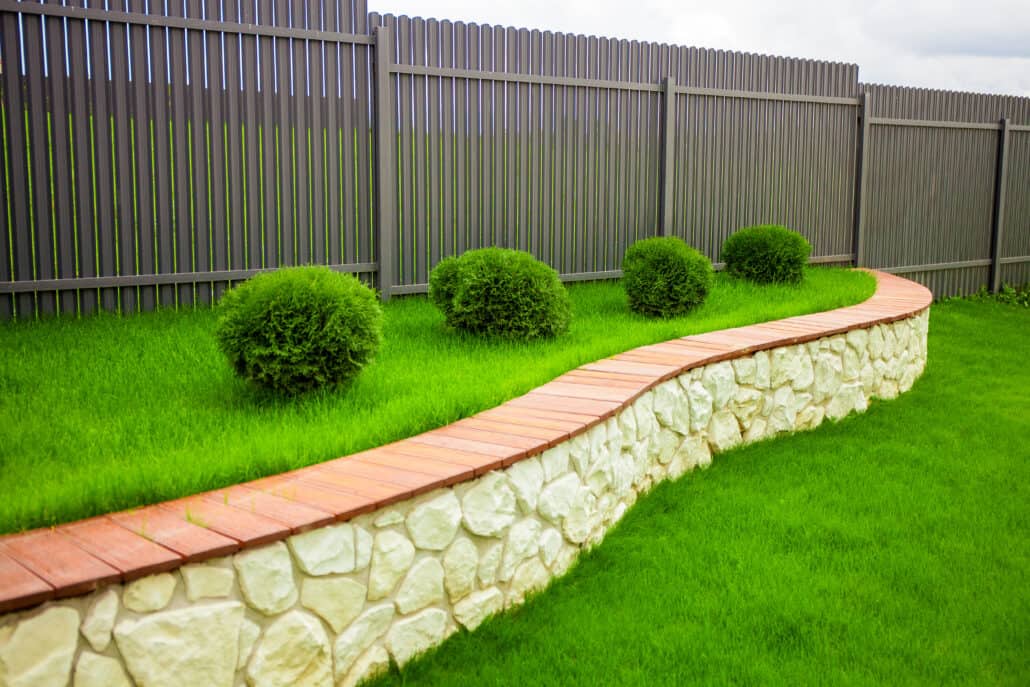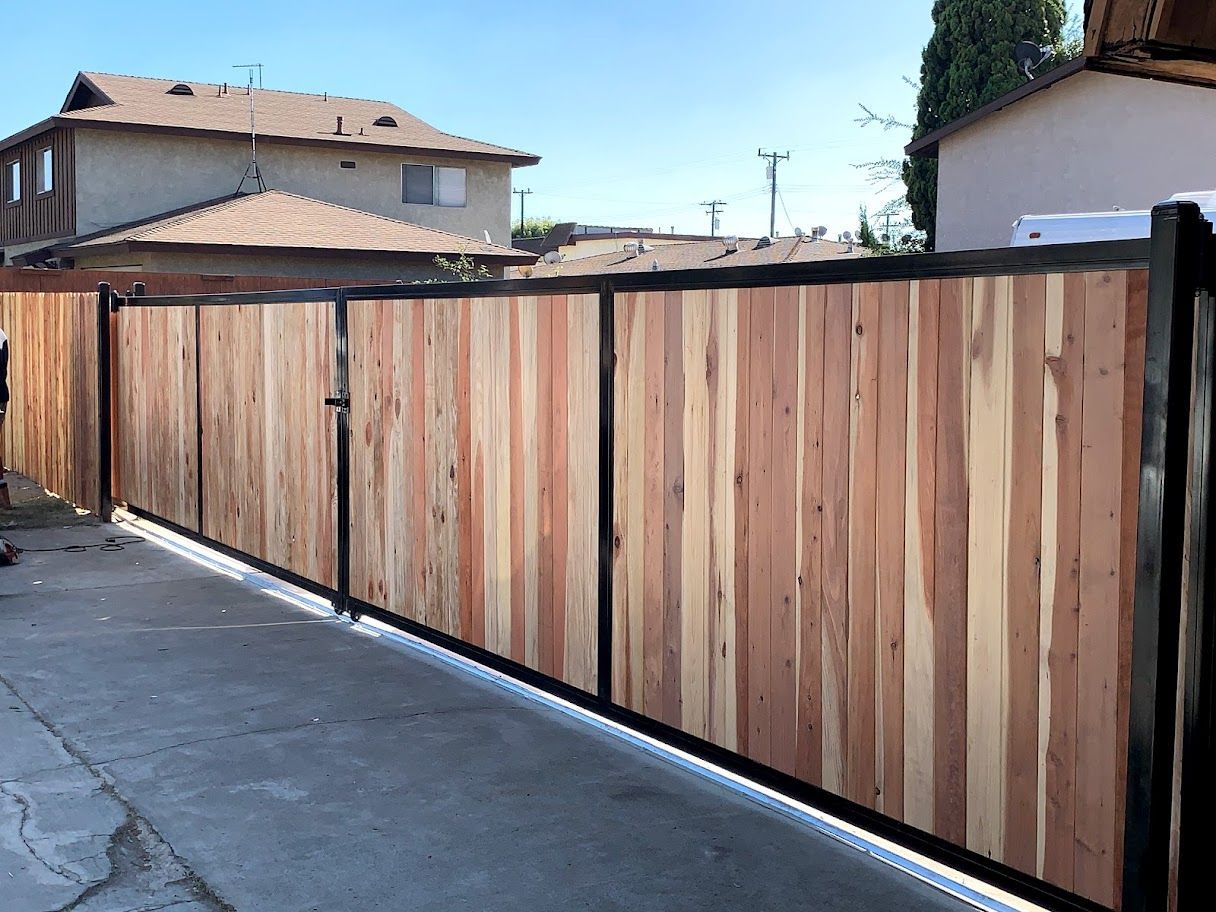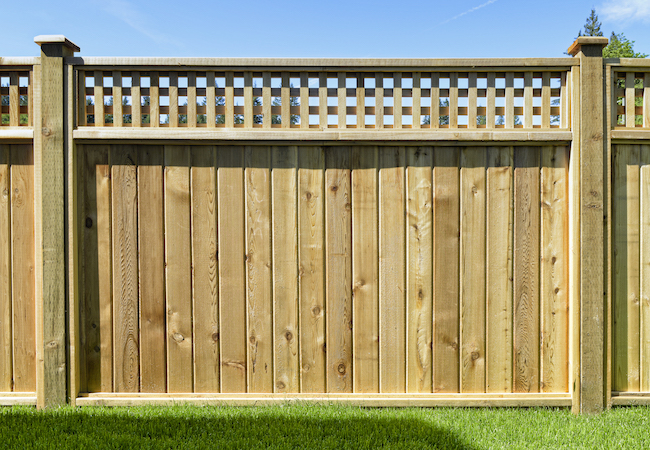All Categories
Featured

Selecting the best fencing material is important for attaining the balance of resilience, aesthetic appeals, and performance that suits your home. Wood, plastic, and aluminum are preferred options, each with distinct functions that cater to certain requirements. Here's an in-depth check out the advantages and drawbacks of these three materials.
Wood Fence. Pros:. Ageless Allure: Wood offers an all-natural, timeless appearance that matches various building designs. Personalized: It can be painted or discolored in a range of shades and styles. Affordable: Wood fences are frequently cheaper upfront than vinyl or aluminum. Eco-Friendly: As a sustainable resource, wood is naturally degradable and sustainable when sourced responsibly. Disadvantages:. Maintenance-Intensive: Requires routine staining, paint, or sealing to protect against weather and insects. Much Shorter Lifespan: Depending on the kind of wood and climate, it commonly lasts 10-15 years. Susceptability to Damage: Prone to decaying, bending, and termite damage without proper care. Wood is optimal for homeowners that value aesthetics and agree to invest effort and time in maintenance to prolong its life.
Plastic Fencing. Pros:. Durable: Immune to parasites, rot, and weather, plastic preserves its framework in extreme conditions. Reduced Maintenance: Needs little upkeep past occasional cleaning. Long Life expectancy: Plastic can last 20-30 years without significant wear or damages. Versatile Layouts: Offered in different colors, appearances, and designs, including alternatives that mimic wood. Disadvantages:. Costly Setup: Vinyl fencings are more pricey to install contrasted to wood. Breakable in Cold Weather: Plastic can fracture in extreme chilly environments. Hard to Repair service: If damaged, entire areas might need replacement, which can be testing to match. Plastic fence is an excellent option for those focusing on long life and minimal maintenance, also if it features a greater ahead of time cost.

Light Weight Aluminum Fencing. Pros:. Rust-Resistant: Light weight aluminum does not rust, making it perfect for wet or moist areas. Solid but lightweight: Offers toughness without being excessively heavy, which streamlines installment. Reduced Upkeep: Calls for little bit even more than cleaning and occasional repainting. Durability: Aluminum fences can last for years without substantial damage. Stylish Designs: Commonly made use of for attractive purposes, aluminum adds sophistication to any type of property. Disadvantages:. High First Price: Aluminum fences are among the a lot more expensive choices. Restricted Privacy: Often designed with open spaces, they don't obstruct views or sound. Susceptible to Damages: While sturdy, aluminum can be nicked or curved with heavy influence. Light weight aluminum is best fit for those that desire a resilient, elegant fence and do not need complete personal privacy.
Making the Right Selection. Each product has its staminas and weak points:

Timber is excellent for eco-conscious purchasers and conventional visual appeals that do not mind maintenance. Plastic benefits home owners seeking a weather-resistant, low-maintenance option. Aluminum is a long lasting, decorative alternative for those who desire sophistication and durability. Consider your priorities-- whether it's cost, upkeep, appearance, or personal privacy-- and get in touch with a fence expert to pick the product that finest satisfies your demands. A well-selected fencing will boost your residential or commercial property for several years ahead.
Latest Posts
Explore Exclusive Auto Repair Deals in Chicago at Montclare Auto Repair
Published May 29, 25
1 min read
The Benefits of Consistent Vehicle Maintenance at Montclare Auto Repair Keeps Your Wallet Happy
Published May 28, 25
1 min read
Boost Your Residential Or Commercial Property with Overhead Door Systems
Published May 25, 25
1 min read
More
Latest Posts
Explore Exclusive Auto Repair Deals in Chicago at Montclare Auto Repair
Published May 29, 25
1 min read
The Benefits of Consistent Vehicle Maintenance at Montclare Auto Repair Keeps Your Wallet Happy
Published May 28, 25
1 min read
Boost Your Residential Or Commercial Property with Overhead Door Systems
Published May 25, 25
1 min read